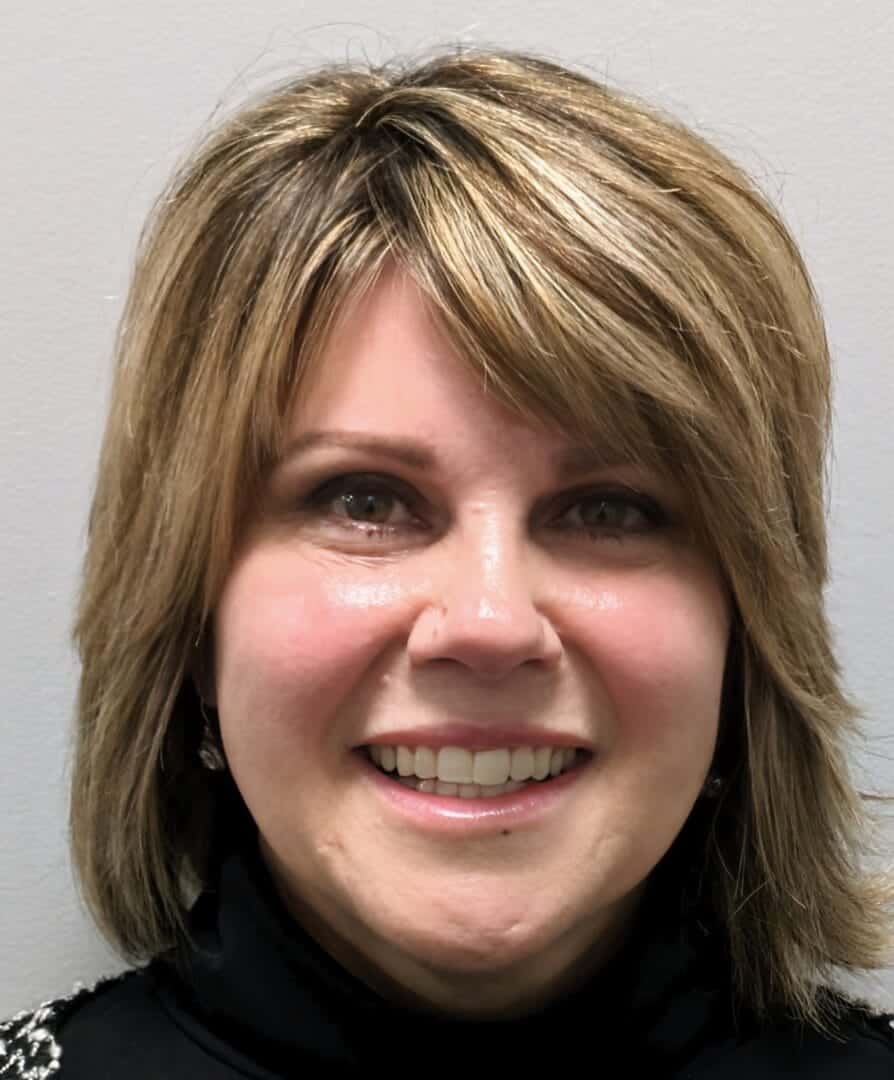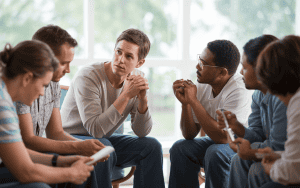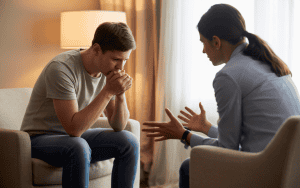Key Takeaways
- Being alone can make it more likely that someone will relapse on OxyContin, especially if they are already having trouble with addiction.
- Recognizing early warning signs and getting help from a professional can keep serious problems from happening.
- Long-term recovery is better when you combine medical detox, therapy, and support groups.
- Adults can regain social skills and coping strategies lost during isolation through group-based interventions.
Introduction
Adults who are trying to quit opioids have a hard time when they are alone and have to deal with relapses. For many people, not having daily social contact, a routine, or emotional support makes it easy for cravings to get out of control. A structured Chandler drug rehab program can help you deal with these weaknesses in the right way. These places help people improve their well-being by focusing on both their physical and mental health. Adults who have had problems with treatment in the past may be more likely to be at risk. OxyContin is a strong prescription opioid that can make you dependent on it. Being alone can make stress, anxiety, and depression worse. Even when you don’t have many social connections, it’s important to know how to deal with triggers and use recovery strategies to stay sober. Evidence from Johns Hopkins Medicine shows that opioid use disorder is a long-term problem that needs ongoing care and support.How Can Being Alone Make Someone Relapse on OxyContin?
Being alone takes away the natural support systems that adults often use to stay sober. Stress can be harder to handle if you don’t talk to friends, family, or support groups regularly. Research from the Harvard T.H. Chan School of Public Health and other places has shown that being socially isolated can make the brain want opioids more, which makes it more likely that someone will relapse. Also, being alone can mess up healthy habits like sleep, exercise, and eating well. Adults have a harder time keeping their emotional and physical health in check because of these changes. A relapse might start slowly, with small mistakes or self-medication during times of stress. If no one steps in, it could get worse very quickly. Johns Hopkins in Washington, D.C., also says that timely interventions during isolation can stop serious problems related to opioids.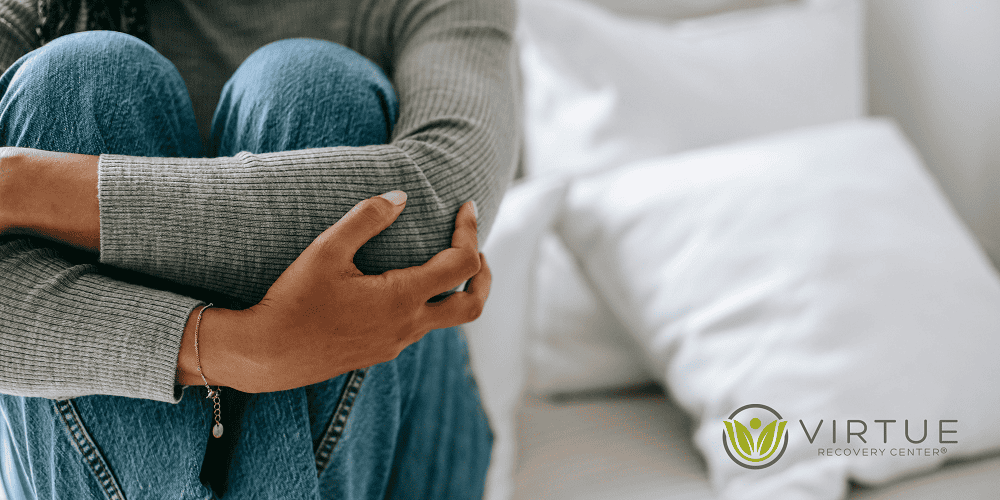
What Signs Should Adults Be on the Lookout For?
It’s crucial to recognize early warning signs to prevent a full-blown relapse. Adults should be aware of changes in their bodies, minds, and behavior. A person may be at risk if they are more irritable, restless, or focused on using opioids. Knowing the key signs of a drug overdose also ensures quick action if a relapse escalates. Changes in sleep patterns, appetite, or social withdrawal are also red flags. Taking action, such as going to therapy, getting help online, or calling a professional, can stop a relapse from getting worse.How Does Chandler Drug Rehab Help People Recover While They Are Alone?
Chandler drug rehab programs help people who have relapsed deal with both the physical and mental problems that come with it. Medical supervision helps people safely go through withdrawal, and therapists help adults learn how to cope with situations that make it less likely that they will go back to using drugs. Structured programs often include one-on-one counseling, group therapy, and behavioral interventions. Group therapy can be very helpful when you’re alone because it brings together a group of people who are going through the same things and can offer support and accountability. Medical detox, when done under the watchful eye of professionals, makes sure that withdrawal symptoms like anxiety, nausea, and insomnia are handled safely. This is an important first step for adults who might try to detox on their own and put themselves at risk for problems.How Can Therapy Help You Stay Sober for a Long Time?
Therapy helps with more than just the addiction; it also helps with the emotional and mental health problems that can get worse when you’re alone. Adults can learn to recognize triggers and develop healthier ways to deal with them through cognitive-behavioral therapy, motivational interviewing, and trauma-informed care. Therapists also help people become more aware of themselves, which is very important when they are alone. Adults learn to spot cravings early on, replace bad habits with good ones, and set up routines that help them feel more stable emotionally. Recovery is less about willpower alone and more about using practical strategies with help from professionals.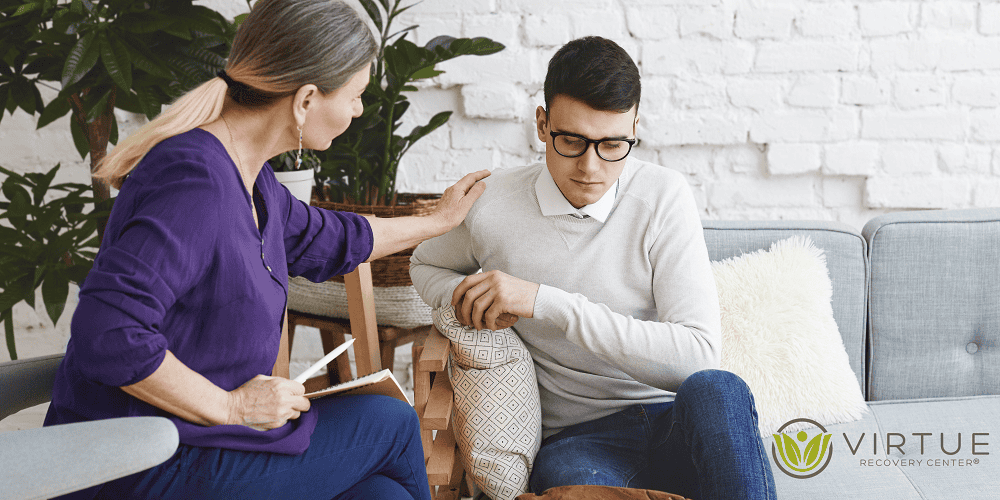
What Lifestyle Choices Help Recovery While You’re Alone?
Along with therapy, making changes to your daily life can help you recover in the long term:- To stay healthy, make sure you have a daily routine that includes exercise, meals, and rest.
- To feel less alone, talk to people in support groups online or over the phone.
- To deal with stress and anxiety, try mindfulness activities like meditation or writing in a journal.
- Limit your exposure to triggers, such as places or social media posts that may prompt cravings.
Conclusion
To deal with OxyContin relapse while being alone, you need to take care of both your physical and mental health. Chandler drug rehab programs give adults medical care, therapy, and structured routines to help them stay sober even when things get tough. Virtue Recovery Chandler provides adults who are dealing with relapse or dependency with compassionate care that is based on evidence. Call Virtue Recovery Chandler at 866-338-5779 to start your recovery journey today.How Can Depression Treatment Centers Help Adults Manage OxyContin Relapse During Social Isolation?
Depression treatment centers provide comprehensive support for trauma recovery Arizona, empowering adults to navigate the challenges of OxyContin relapse, especially during social isolation. By offering therapy, group sessions, and coping strategies, these centers help individuals build resilience, develop healthy habits, and find solidarity in shared experiences, fostering lasting recovery.
FAQs
What are the most common things that make people relapse on OxyContin when they are alone?
Common triggers include stress, boredom, emotional pain, and lack of social contact. Recognizing these early on can help prevent relapse.How does group therapy help adults who are alone?
Group therapy reunites a network of peers who can support one another, hold each other accountable, and share strategies for managing cravings.What does medical detox do to help people who are trying to avoid relapse?
Medical detox ensures withdrawal symptoms are managed safely and reduces the risk of serious health complications.How can adults who live alone avoid going back to their old ways?
Maintaining routines, practicing mindfulness, seeking online support, and professional help are effective strategies.What are the most important signs that someone has taken too many drugs?
Being aware of warning signs like extreme drowsiness, slow breathing, or unresponsiveness can save lives and ensure timely medical intervention.Resources
-
- Johns Hopkins Medicine. “Opioid Use Disorder.” Johns Hopkins Medicine, 2020, https://www.hopkinsmedicine.org/health/conditions-and-diseases/opioid-use-disorder
-
- Harvard T.H. Chan School of Public Health. “What Led to the Opioid Crisis—and How to Fix It.” Harvard T.H. Chan School of Public Health, 2021, https://hsph.harvard.edu/news/what-led-to-the-opioid-crisis-and-how-to-fix-it/
-
- Johns Hopkins in Washington, D.C. “Opioid Epidemic.” Johns Hopkins in Washington, D.C., 2021, https://washingtondc.jhu.edu/research-policy/opioid-epidemic/


